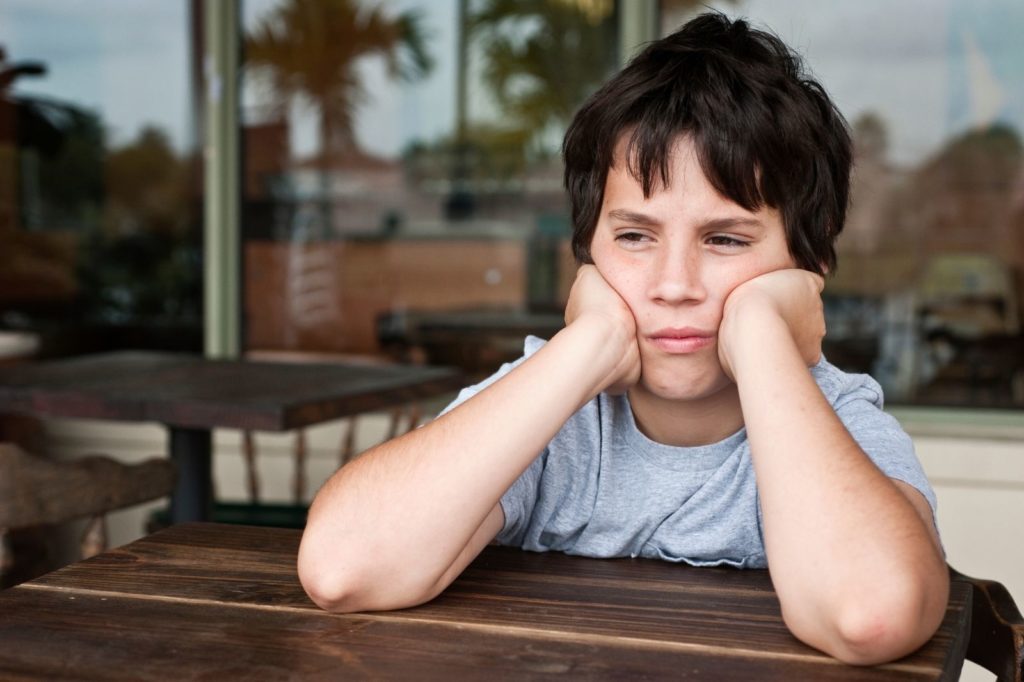Most parents would be concerned if someone told them their child was stressed. Some stress is normal and can help motivate children and keep them focused. However, intense stress levels can have a negative impact and overwhelm the child if they are not able to cope adequately.
Stressors affecting kids can vary greatly from child to child. The stress may seem minor to adults, but impacts the child deeply. It can also accumulate. The more stress, the higher the intensity level, which in turn overwhelms the child or teen even more.
Stressors can be related to family issues such as divorce, parental conflict, loss of a family member, family member illness, moving or family financial difficulties. Kids are also faced with stressors such as: school, peer pressure, grades, physical looks, homework, friends, weight issues and puberty which can all be particularly difficult to deal with and make teens feel vulnerable. Additionally, crisis situations such as assault or abuse can severely impact children and their overall stress.
Stress can impact a child’s emotions and behaviors in many ways, sometimes bringing out feelings of anxiety, depression, anger or mood swings. Parents can look for these symptoms of stress:
- refusing to go to school or participate in activities
- changes in sleep patterns
- aggression at home and in school
- isolation
- complaints of headaches and stomachaches
- deteriorating grades
- ·overreaction to minor issues
Signs of stress in younger children may particularly include loss of self control, bedwetting and sleep disturbances. Children closer to elementary school age could show more worrying, withdrawing from relationships and may say they don’t feel loved. Adolescents are likely to show rebelliousness, have anger issues and may engage in high risk behaviors such as drug use when feeling stressed.
Parents can help their children cope with stress by spending quality time together, acknowledging their feelings and working on expressing and releasing the kids’ emotions. Making a child feel loved and supported will help them cope and feel comfortable talking about the stressors in their lives.
Creative outlets such as artwork, drawing and journaling, can further help children express themselves. Families may benefit from exercise and participating in activities together. Another good tactic is teaching kids how to use relaxation techniques and how to self-talk positively in order to have more control over their own emotions and impulses.
Children will inevitably go through transitions that are stressful for them. Learning how to cope and overcome the stress is essential for the child’s healthy development and well being.










